The toddler and preschool years can be exhausting and overwhelming, but don’t believe the hype – parenting toddlers doesn’t have to be terrible! In fact, you can even enjoy this stage. (It’s true!) Use these tips to help you discipline, manage tantrums, avoid power struggles and parent your toddler with confidence!
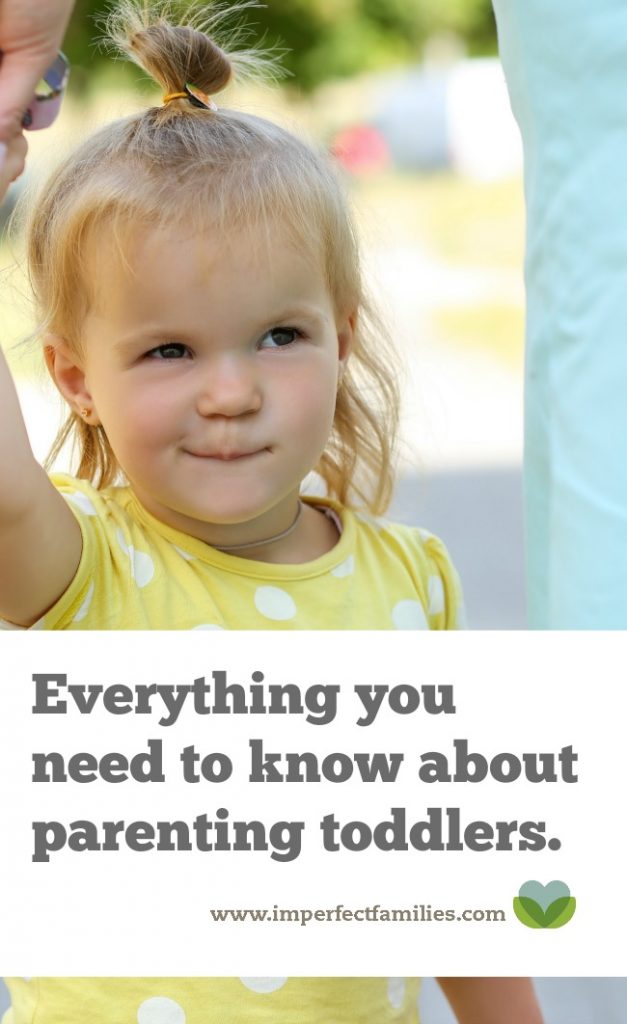
How to Absolutely Love Parenting Your Toddler
Congratulations!
You’ve survived the sleepless nights and neverending feeding cycles of the newborn phase.
You’ve had some time to snuggle into those sweet baby cheeks and read up on each new developmental milestone.
And now, as if overnight…you’re dropped into the toddler years.
Parenting toddlers is like entering a new world.
- They can talk – but the most often word they use is “no.”
- They can walk – but they can also run away from you in parking lots.
- They are able to be independent – but it’s usually when you’re running late.
It’s no wonder people refer to these years as the “terrible twos” or “threenagers” or the “fearsome fours.” These years can leave parents feeling confused, frustrated, undermined, and exhausted.
Thankfully, it doesn’t have to be this way.
You don’t have to start your relationship with a standoff, wondering if you are really cut out for this parenting gig after all.
Below are some tips to help you parent toddlers and preschoolers with respect. Keeping the relationship with your child strong and healthy.
And, maybe even show you how to enjoy these years. (Yes, it’s possible!)
Positive Parenting for Toddlers
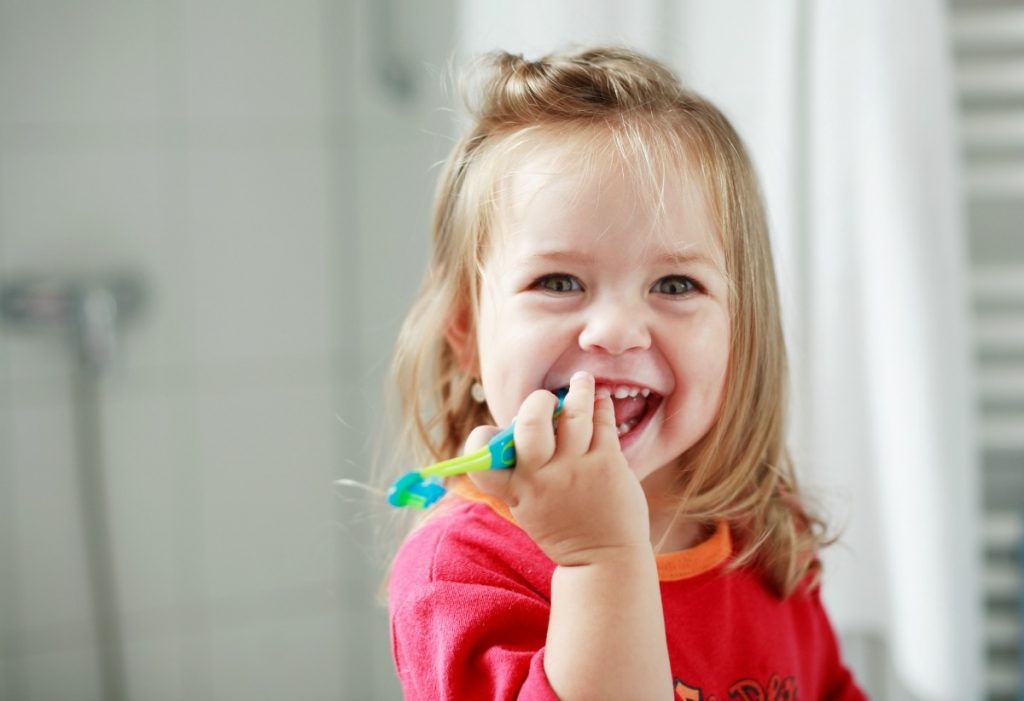
If you’re like most parents, you want to jump straight into discipline, “Tell me how to get them to listen!” or “How long do I keep them in timeout?”
Instead, let’s step back and take a deep breath.
We’ll get to discipline, but if you skip this foundation, parenting toddlers is going to be more of a nightmare than a joy. You’re going to find yourself in neverending power struggles, aggressive behavior, and epic meltdowns. (Yuck!)
Positive parenting, or respectful parenting, takes a different approach. It focuses on keeping ourselves calm so we can connect with our kids (even when they’re misbehaving), help them through big feelings and teaching lessons in a way that’s most effective.
This style of parenting is also curious about a child’s behavior, rather than looking for a way to “punish it away.” That means when your child acts out, you take age, developmental stage, and brain maturity into account. You might realize that your child is overwhelmed in certain situations or needs more sleep.
Each of these things are essential to creating solutions and strategies that actually work. Solutions that leave you feeling calm and in control.
Read more about positive parenting and “normal” toddler and preschool development.
- 5 Benefits of Positive Parenting for Toddlers and Preschoolers
- 9 Parenting Truths that Apply to all Children
- 5 Parenting Beliefs Interfere With Effective Discipline
- 25 Things That Impact Your Child’s Behavior (and have nothing to do with your parenting)
- 16 Simple Positive Parenting Tips for Your 3-Year-Old
- 10 Positive Parenting Tips for Your 2-Year-Old
- 3 Things About Child Development Every Parent Should Know
How To Discipline Toddlers
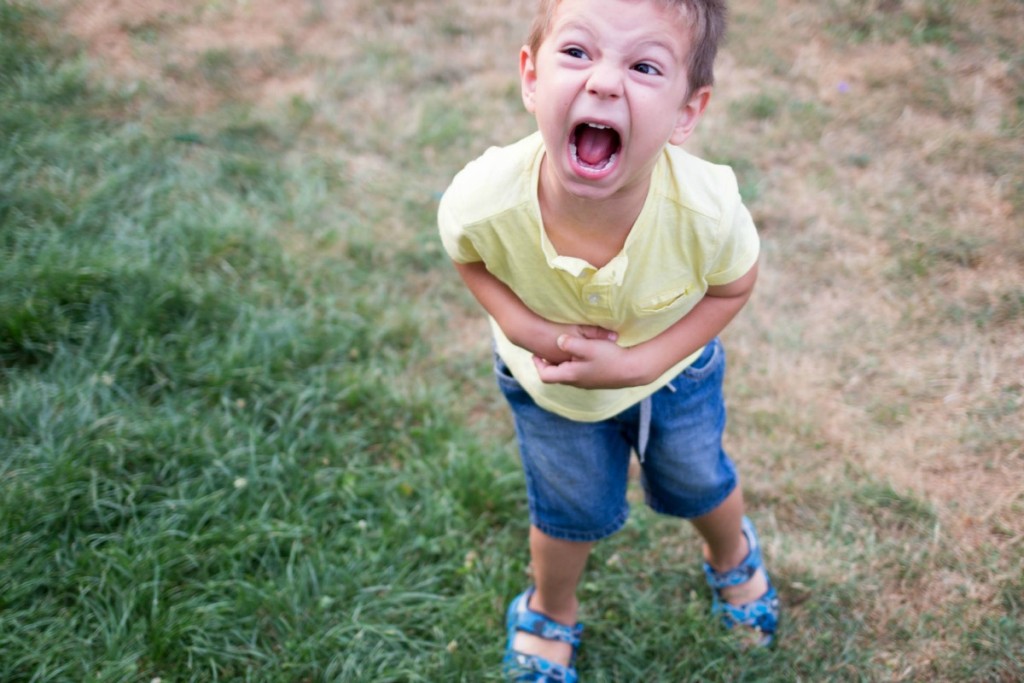
Ok, ok. Let’s talk about how to discipline toddlers and preschoolers. But first, let’s clarify the difference between “discipline” and “punishment.”
“Punishment” is focused on creating a painful experience to teach your child a lesson. “Discipline,” on the other hand, seeks to guide your child, helping them find a better way to manage the situation in the future.
It might seem like a minor choice of words, but it can actually make a huge difference in how you respond to your child. If you’re focused on punishment (or if you grew up with parents who used punishment), you may see your child as “bad” or “misbehaving” or “bratty.” You may feel that they need to “pay for their bad behavior” or that pain is the only way they will “learn their lesson.” Unfortunately, this doesn’t build a strong relationship, and, chances are, you are going to despise parenting through the toddler years.
However, if you see your child as “needing your help to make a better decision” or “struggling to make a different choice” or “feeling overwhelmed,” you may feel compassionate. You may look for ways that you can come alongside your child and teach them a different solution, support them as they struggle, or respond with empathy.
This may not be the “discipline” you’re familiar with, but it is an amazing way to build your child’s emotional intelligence, improve their problem-solving skills, grow empathy for others, AND it keeps your relationship strong and healthy.
Bonus: Parenting through the toddler years isn’t something you’re going to dread! Yay!
Read more about using positive discipline strategies with your toddlers and preschoolers.
- The Absolute Best Way to Respond When Your Child is Acting Out
- How to Support Your Upset Child
- What to Do When Empathy “Doesn’t Work”
- The Most Effective Way to Teach Your Child A Lesson
- 5 Ways Christian Parents Can Embrace Positive Parenting (and Spare the Rod)
- 7 Alternatives to Using Timeouts
- What to Do When Your Child Refuses Timeout
- 9 Positive Parenting Alternatives to Time Outs and Grounding
Power Struggles with Toddlers
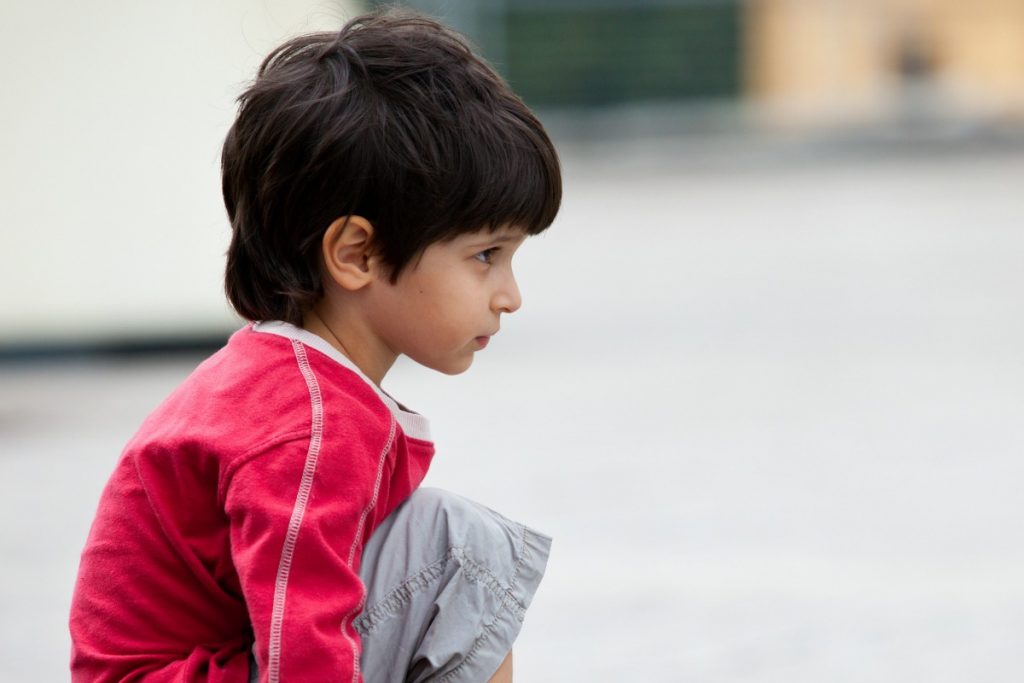
It’s amazing how simple things can become HUGE power struggles with toddlers. Within seconds, you’re in a standoff with a 2-year-old over snow boots. It’s crazy.
But you don’t want to give in, right? You don’t want to teach them that they can get everything they want, right?
Kind of.
Part of being a calm, confident, positive parent is learning to reevaluate your role in these power struggles. Seeing the bigger picture will help you create a plan that allows your child some independence, but still keeps you in the role of loving, supportive, parent in charge.
Read more about managing power struggles with toddlers.
- Using Empathy to Avoid a Power Struggle
- What You Need to Know About Setting Firm Limits Without a Power Struggle
- How to Stop Having Power Struggles With Your 3-Year-Old
- Why You Should Say “Yes” to Your Kids
- 5 Things to Check Before You Correct A Child
Toddler Meltdowns and Tantrums
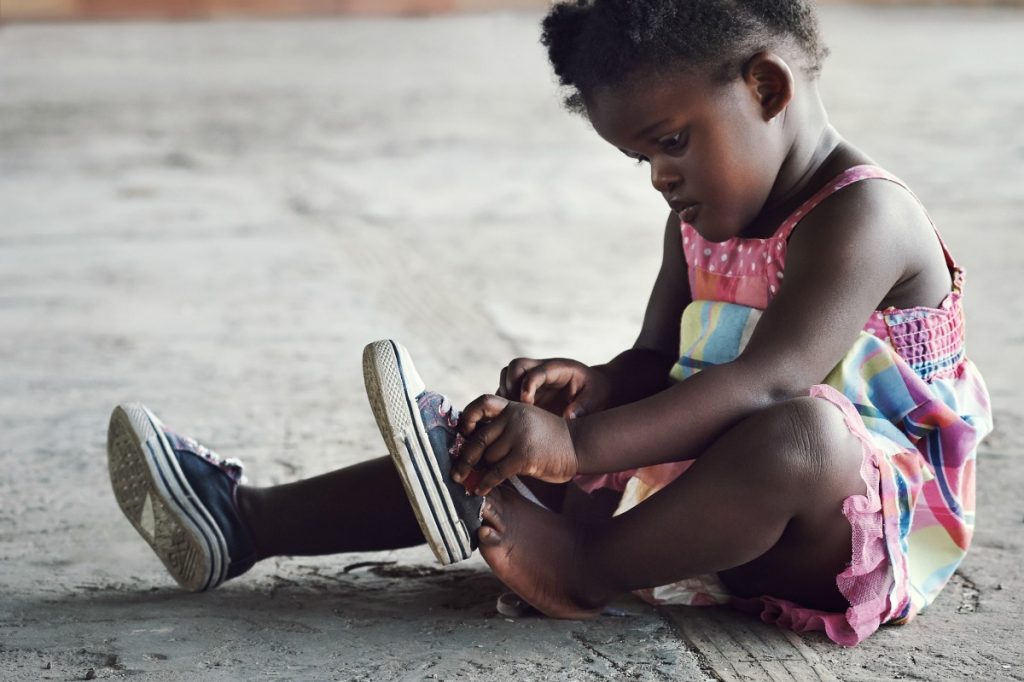
No one can throw a tantrum better than a toddler. It’s a whole body experience that often leaves parents feeling overwhelmed, shocked, and embarrassed.
Thankfully, tantrums are totally normal during the toddler and preschool years. (Isn’t that reassuring?)
It’s hard to navigate the world when you have limited language, limited power, and a brain that is still developing and maturing.
Using positive parenting and respectful discipline, you can actually decrease the number of tantrums and the intensity of the meltdowns your child experiences during the day.
(Wouldn’t that be nice!?)
Read more about helping your toddler manage tantrums.
- How to Stop A Tantrum According to Science
- How to Manage Toddler Tantrums
- How to Help Your Tantruming Child Calm Down
Common Concerns for Parents of Toddlers
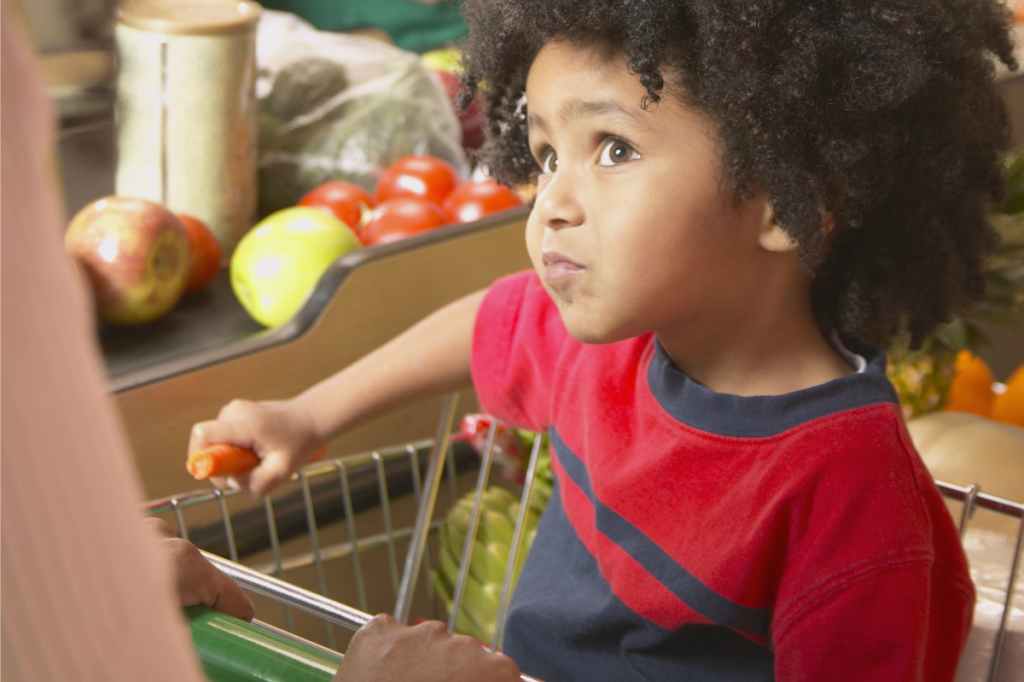
It’s not only discipline that throws parents for a loop during the toddler and preschool years, there are a host of other challenges that pop up without notice.
Thankfully, most challenges are not unique. Some seem like “rights of passage” that every child must try as they grow and mature.
Use this list to help you respond when these concerns show up, but also keep in mind that every child is different. You are the expert on your child, if you notice something unusual or concerning, please bring it to the attention of your child’s doctor or a mental health provider.
Read more about common parenting concerns during the toddler years.
- Supporting Your Child Through Separation Anxiety
- Crazy morning with kids? Here’s How to Get Out The Door On Time
- My Child Won’t Stop Talking! How To Parent A “Mature” 3-year-old
- How to Respond When Your Child Prefers One Parent
- Why Your Child Says Bad Words (and How to Stop It!)
- What to Do When Your Child Refuses to Be Comforted
- 50 Ways to Say Good Job (without Saying “Good Job”)
- How to Help Your Aggressive Toddler or Preschooler
- Setting Boundaries for Your Attention Seeking Child
- Turn Your Picky Eater into A Healthy Eater
- Does Your Child Struggle With Helplessness
Managing Sibling Rivalry
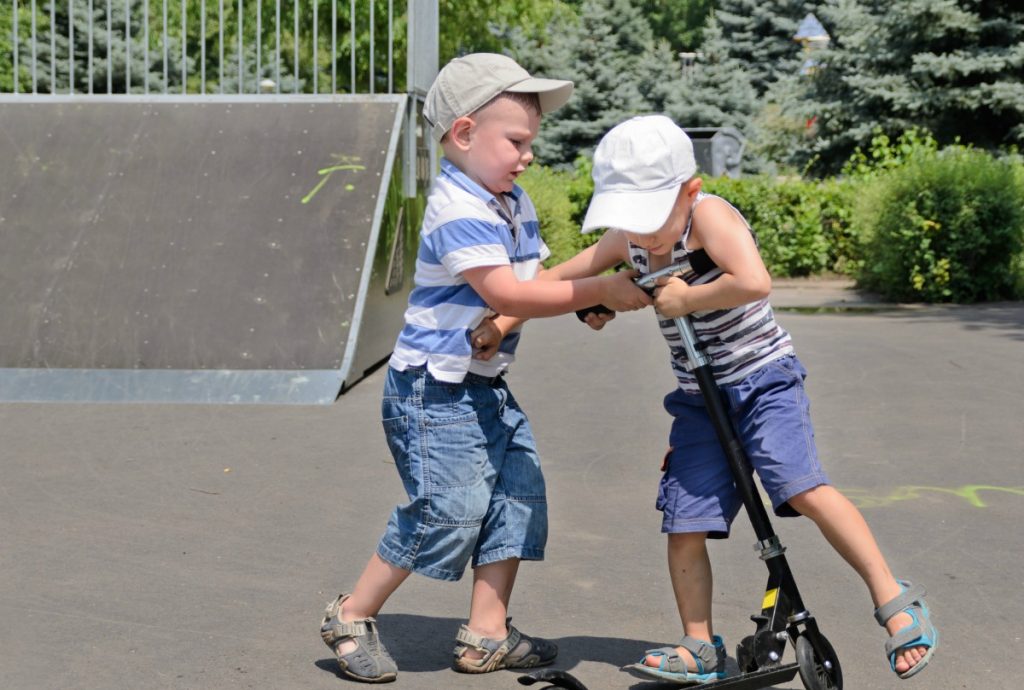
Parenting a toddler is hard enough, but add a few other kids in the mix, and suddenly, you have a bunch of new challenges on your hands.
Rather than expecting your little one to manage these social skills with ease, give them the support they need as they learn to share toys, take turns, and disagree without hurting another child.
Read more about helping your child deal with sibling rivalry.
- How to Reduce Sibling Rivalry: A Parent’s Guide
- 10 Sharing Rules Ever Sibling Should Know
- Helping Your Older Child Cope When Their Sibling Becomes Mobile
Parenting Without Yelling

These tips and strategies for parenting toddlers are great in theory, but they can seem like impossible tasks if you struggle to manage your own anger.
You don’t want to yell, but the emotions just get the best of you. (And leave you feeling horrible in the aftermath).
There are lots of reasons parents resort to yelling – feeling out of control, not knowing how to respond, worrying about what other people think, panicking that you’re messing up your child…etc, etc, etc.
Rather than staying stuck, there are things you can do to break free of the yelling trap. Read through the tips below, try a few new strategies, give yourself a lot of patience, and when you slip back into old habits, give yourself a do-over and continue heading in a positive direction!
Read more about parenting your toddler without yelling.
-
- How to Be a Confident Parenting Without Yelling
- When You’re Still Yelling At Your Kids (But Really Want to Stop)
- 5 Reasons You’re Still Yelling at Your Kids (and How to Sop)
- Taking Control of Your Parenting Triggers
- Moving from Passive Parent to Confident Parent
- Why Your Child Needs You to Step Up (But It’s Not What You Think)
- 31 Affirmations for Moms
- 10 Things That Impact Your Parenting (and Have Nothing To Do With Your Kids)
- Simple Self-Care for Extremely Busy Parents
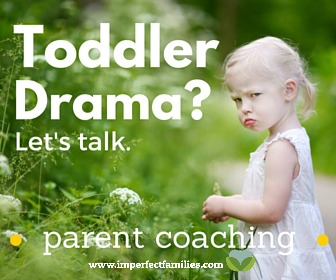
Parenting Toddlers: Additional Resources
Parent Coaching
Parenting toddlers and preschoolers can be a challenge, but it can also be isolating and confusing. A quick Google search can give you 1 million different answers, and your friends’ parenting style may not exactly fit with how you want to parent (plus, those comments from strangers in the store are getting harder to ignore).
You don’t have to parent alone, making things up as you go (and feeling bummed when they don’t get any easier). Support and encouragement is available!
Online Parent Coaching is a safe, non-judgmental opportunity for you to talk through your parenting concerns and find solutions that will work for you and your child. Learn more about Parent Coaching, my money back guarantee and schedule your first session today!
Positive Parenting for Toddlers & Preschoolers E-Course
If all of this information is completely overwhelming and you don’t even have a clue where to start, don’t panic.
I’ve created a self-guided e-course just for you!
Get an introduction to Positive Parenting, learn what you need to be present and calm for your child – even when their emotions are HUGE! Then, learn step-by-step strategies for what to say and do (even what to think!) in these situations.
Learn more about this online parenting course and get started today!
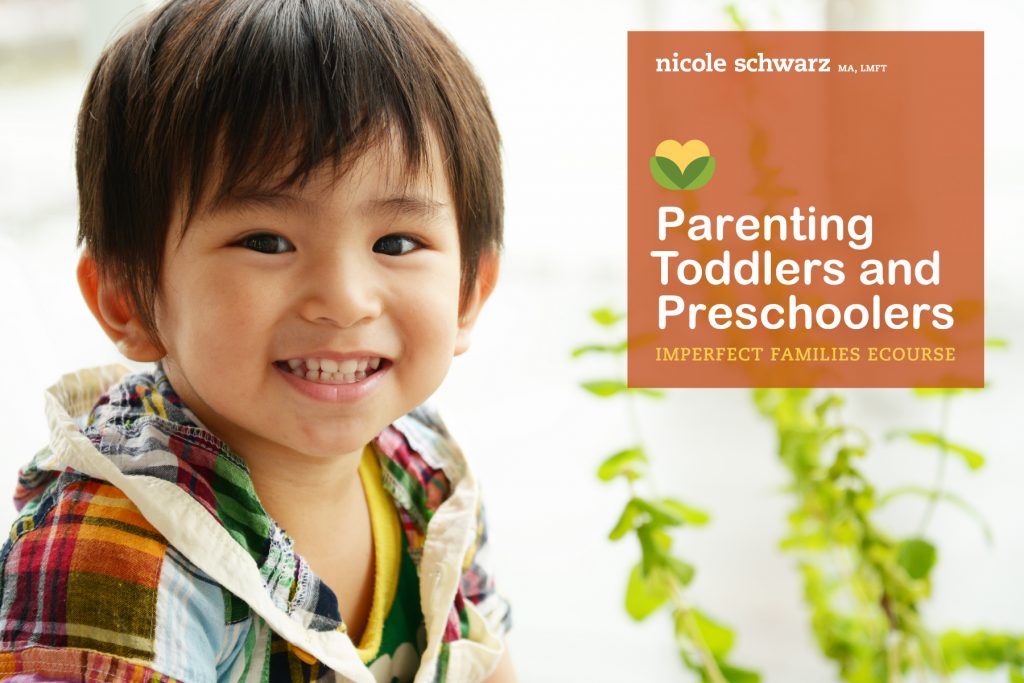
Parenting toddlers IS like entering a new world.
- They can talk – and they say the cutest, most unexpected things!
- They can walk – which makes a game of chase or ring-around-the-rosy a lot more fun!
- They are able to be independent – and it’s amazing to watch them grow and learn!
It’s really not as bad as you’ve been told.
In fact, it is possible to absolutely LOVE parenting toddlers and preschoolers.


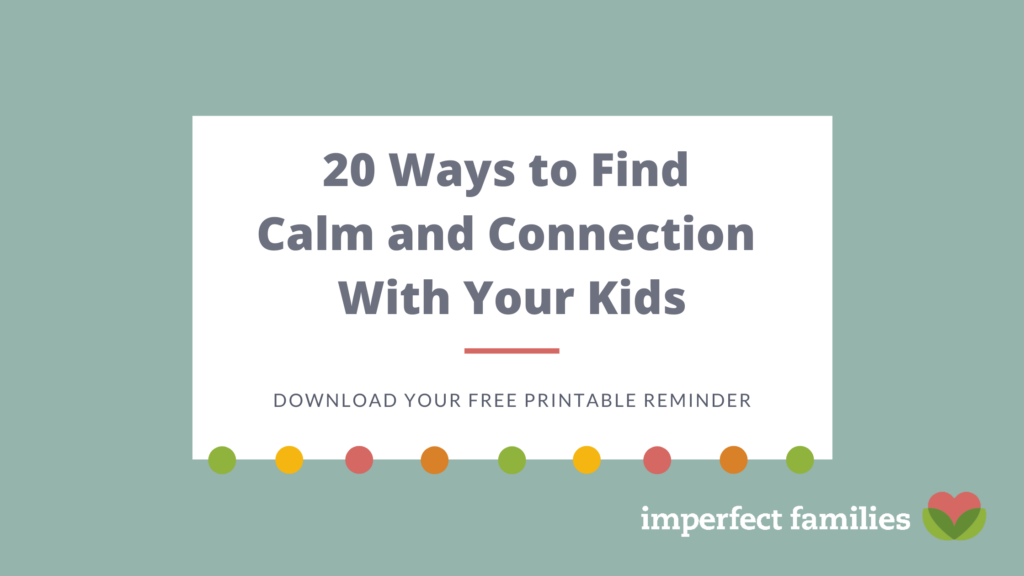
Comments have been turned off to retain the privacy of all families. If you have a question or comment on the topic, you're always welcome to contact me.